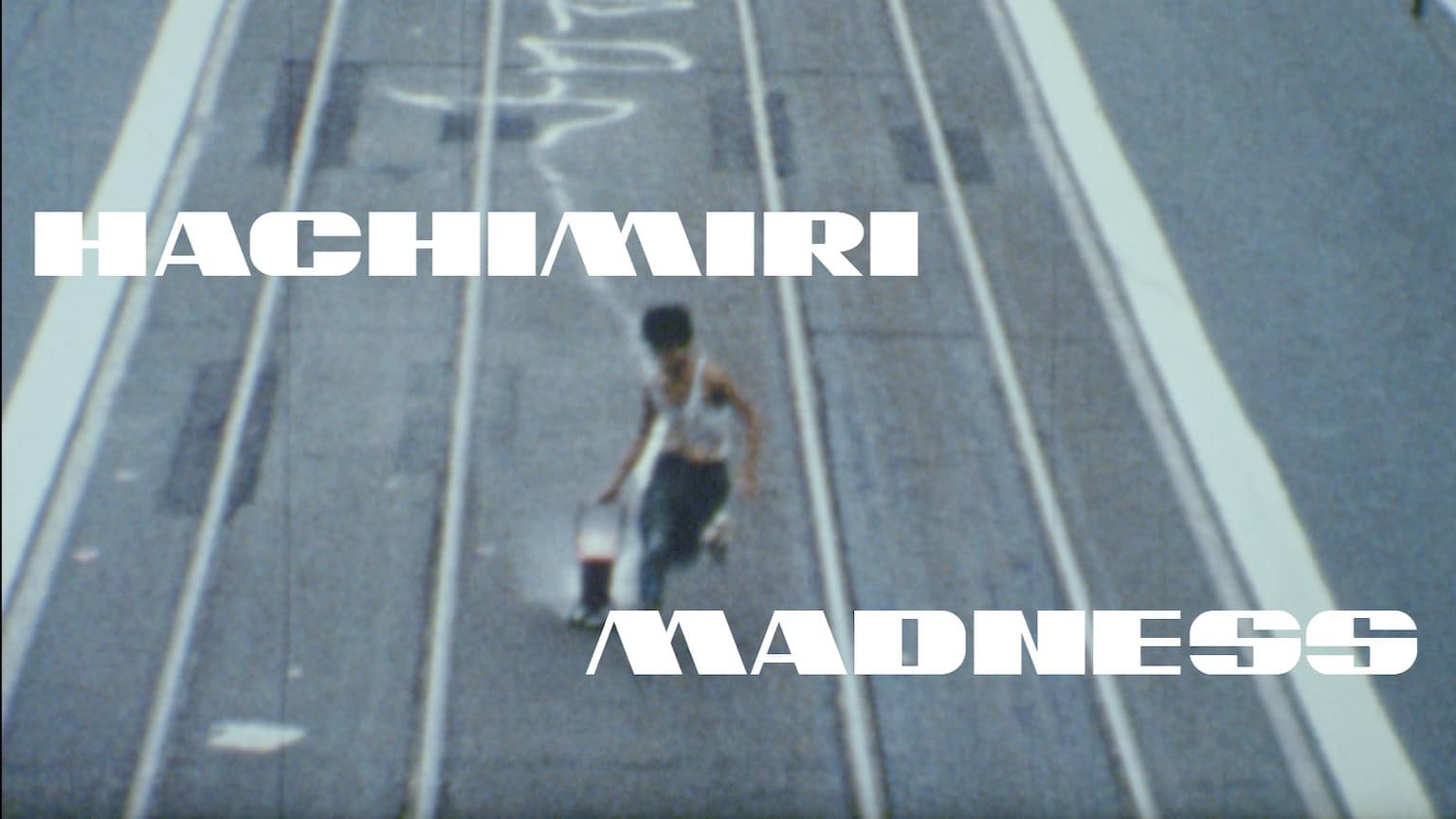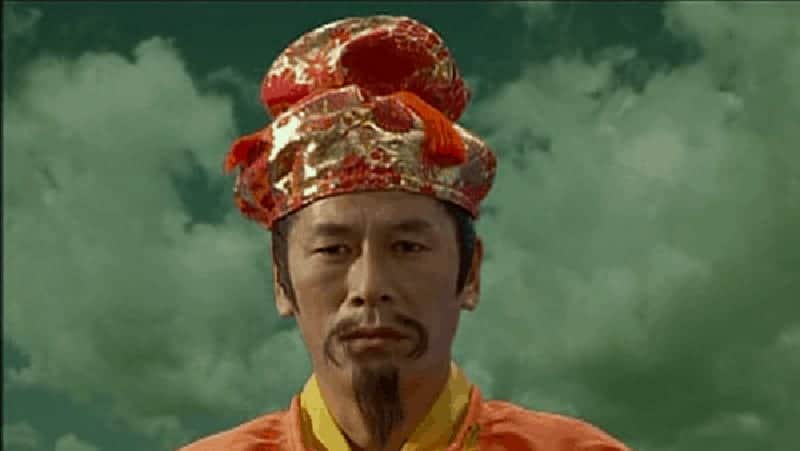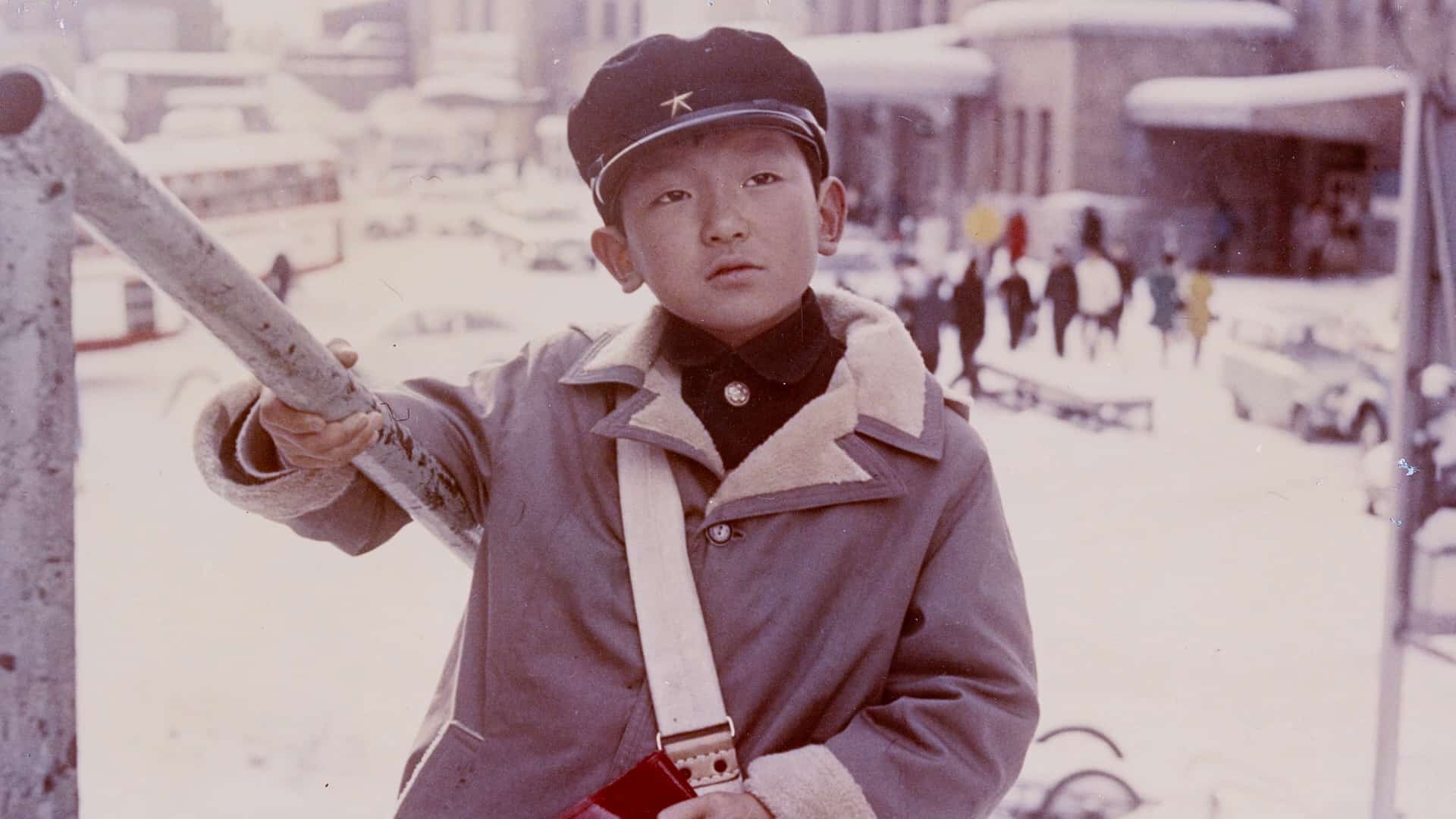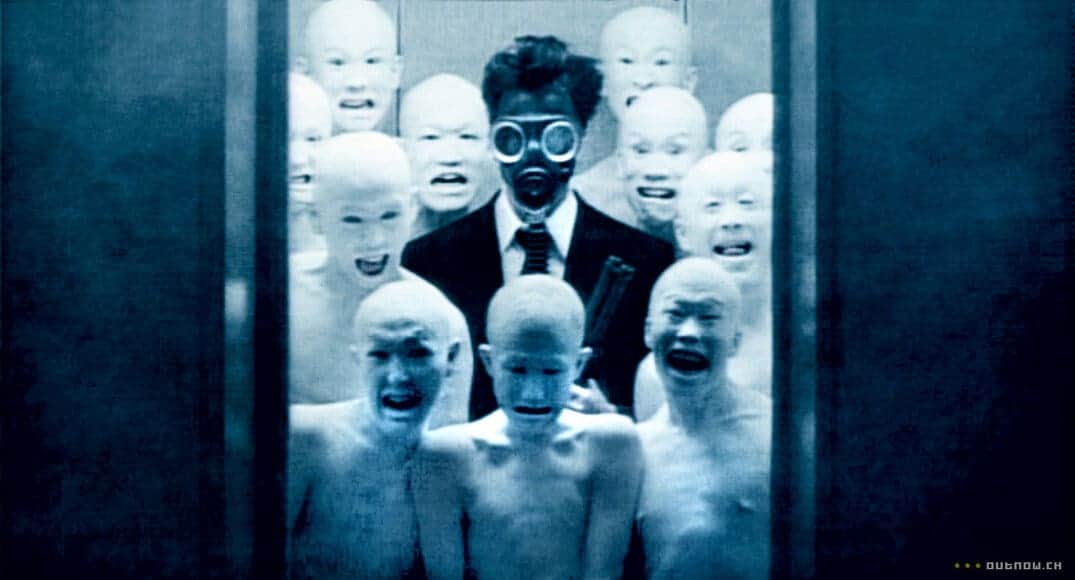Sitting at approx 50-minute runtime, “Isolation of 1-880000” marks the first film from cult director Gakuryu Ishii (previously known as Sogo Ishii). The production follows a student cramming for school, who spends what little spare time he has consuming porn or spying on a woman in her apartment. Still determined to pass despite the time wasted on deviant distractions, the pressure builds, causing the student's physical and mental capacities to degrade. Now feeling rejected by society due to its pressures pushing him to illness, the young student has one last revolt against the culture he feels has abandoned him.
“Isolation of 1-880000” is Playing as part of Metograph's Hachimiri Madness: Japanese Indies from the Punk Rock years

“Isolation of 1-880000” is an intriguing entry into the filmography of Gakryu Ishii, and not just because it is his first film. Largely stripped of the high-octane, punk-rock aesthetic that would dominate the director's early career, the production instead takes a relaxed pace and an intimate approach to exploring the struggles and sexual deviations of a single character. Additionally, the film hints at the dark humor that would come in later works, but it does bridge a gap between one film in particular that had felt misplaced in the director's early explosive tales of youth rebellion, “Crazy Family”.
Notably, “Isolation” builds dark humor around the deconstruction of a polite culture that emphasizes education and contribution towards a ‘healthy' society. Furthermore, this decline is presented as trumping any personal morality for the ‘greater good', as the character's deviancy and violent behavior is portrayed as justifiable to them in order to reach the standards set for them–what is the issue with poisoning drinks for a neighbor if it means a quiet night of study? This build up leads to an explosive conclusion that does capture the anarchic energy and audacity that would stay consistent for the next decade of Ishii's work. Essentially, the film “Isolation” is made fascinating by acting as a prelude to the energetic punk era of the director's work to follow, as well as a gleefully violent deconstruction of family values that would take place in Ishii's “Crazy Family” several years later.

Shot on 8mm with audio done in post-production, including a grating soundtrack of broken classical music, the production is, essentially, a zero-budget school film. This prospect will either delight or dissuade audiences depending on their willingness to overlook stark limitations, however, given the director's subsequent meteoric rise as a prominent voice in Japanese underground cinema, the drab presentation won't deter the existing fanbase. Furthermore, moments of sexual deviance, such as spying on a neighbor, exude a wonderful grittiness to it that compliments the subject matter and the sense of disconnect the protagonist feels from society. Still the lack of a score or strong sound design, another staple of the director's style, is sorely missed in this early entry.
Those who have already embraced the work of Gakuryu Ishii are certain to appreciate this window into the early workings of the cult director, especially in how he established the dark humor that would become vital to later productions. However, those unfamiliar with or disliking the director will likely be rather off put by the crude visuals and simple narrative. Regardless, selected as part of Metograph's “Hachimiri Madness: Japanese Indies from the Punk Rock years”, “Isolation of 1-880000” is a charming and cool addition to the line-up that seeks to celebrate unconventional cinema from Japan.















